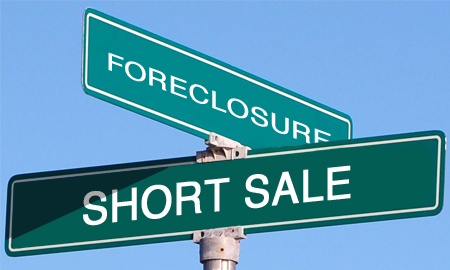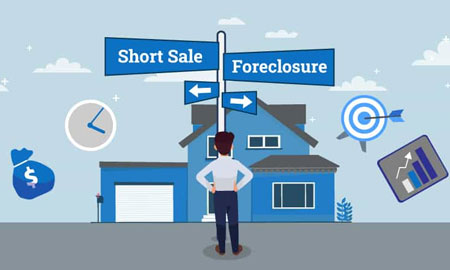How to Build Your Credit Score Back After Foreclosure or Short Sale?
How to Build Your Credit Score Back Up After Foreclosure or Short Sale?
Credit Score, Foreclosure, Short Sale. Credit Score after Foreclosure or Short Sale. So you’ve foreclosed on a home or had to sell for less than what you owed on the home? You probably think you’re doomed as a consumer moving forward. And while a short sale or foreclosure is never something that you want to have on your credit report, neither is a be-all, end-all when it comes to purchasing power. However, it should go without saying that either a foreclosure or short sale will require consumers to enact some credit repair.
How to Build Your Credit Score After Foreclosure or Short Sale
Credit Score after foreclosure. Just how to you go about rebuilding credit after a short sale or foreclosure? Here’s a closer look:
Rebuilding Credit After Foreclosure/Short Sale
The first thing that you should do after a foreclosure or short sale is put it in the past. Yes, it happened. Yes, it’s unfortunate. Yes, it’s not going to look great on your credit report and it’s going to hurt your credit score. But like we said in the opening, it’s not a be-all, end-all. So put it in the past. It’s over with. While the short sale or foreclosure will stay on your credit report as a negative part of your history, that doesn’t mean that you can’t build positive activity beyond that. The goal for a consumer following a short sale or foreclosure is to build positive activity to make the negative on the credit report look like nothing more than a blip on the radar. Here’s how to do it:
- Immediately work to start (or continue) at least three positive lines of credit: Whether it’s a secure credit card, personal loan or some other type of account, these lines of credit are all ideal opportunities to build positive activity. Since the FICO score weighs consumer behavior on making on time payments, credit history and credit utilization, you can put the negative of a foreclosure or short sale in the past by building positive activity with at least three accounts. Perhaps you have a healthy account or two opened? Great! Keep up the good work with it.
- How to build positive credit: Like we hinted at in the last bullet point, the best way to build positive credit is to make on-time payments and keep balances low.
If you follow the two steps above following a foreclosure or short sale, it’s not uncommon to see a significant improvement in your credit score within as little as six months. In fact, it’s not out of the realm of possibility for those with credit scores in the low 500s to see their scores increase into the high 600s or even the 700s after a foreclosure or short sale by building positive activity. Just remember, it’s not a quick fix – it take a little bit of time.



